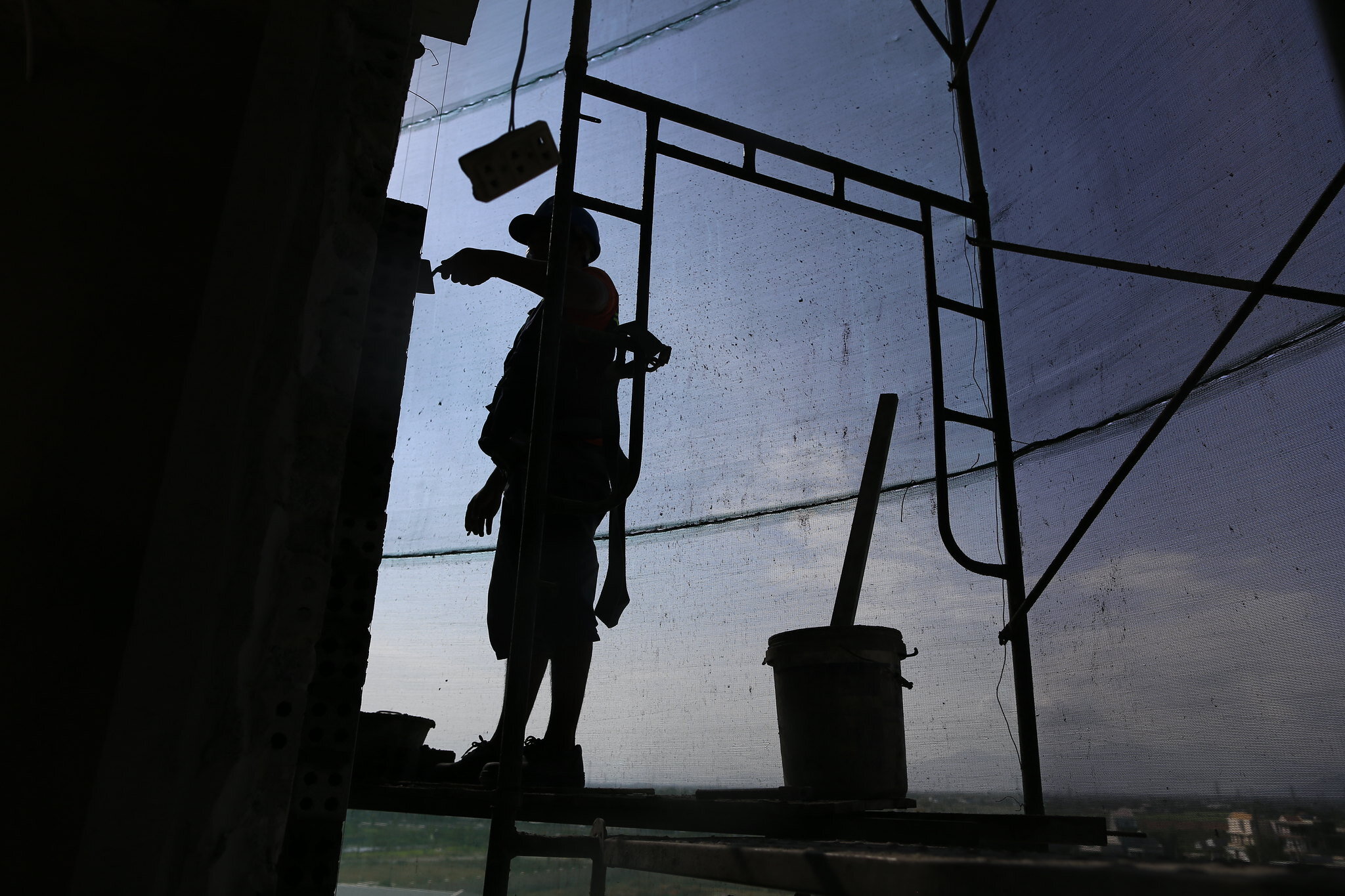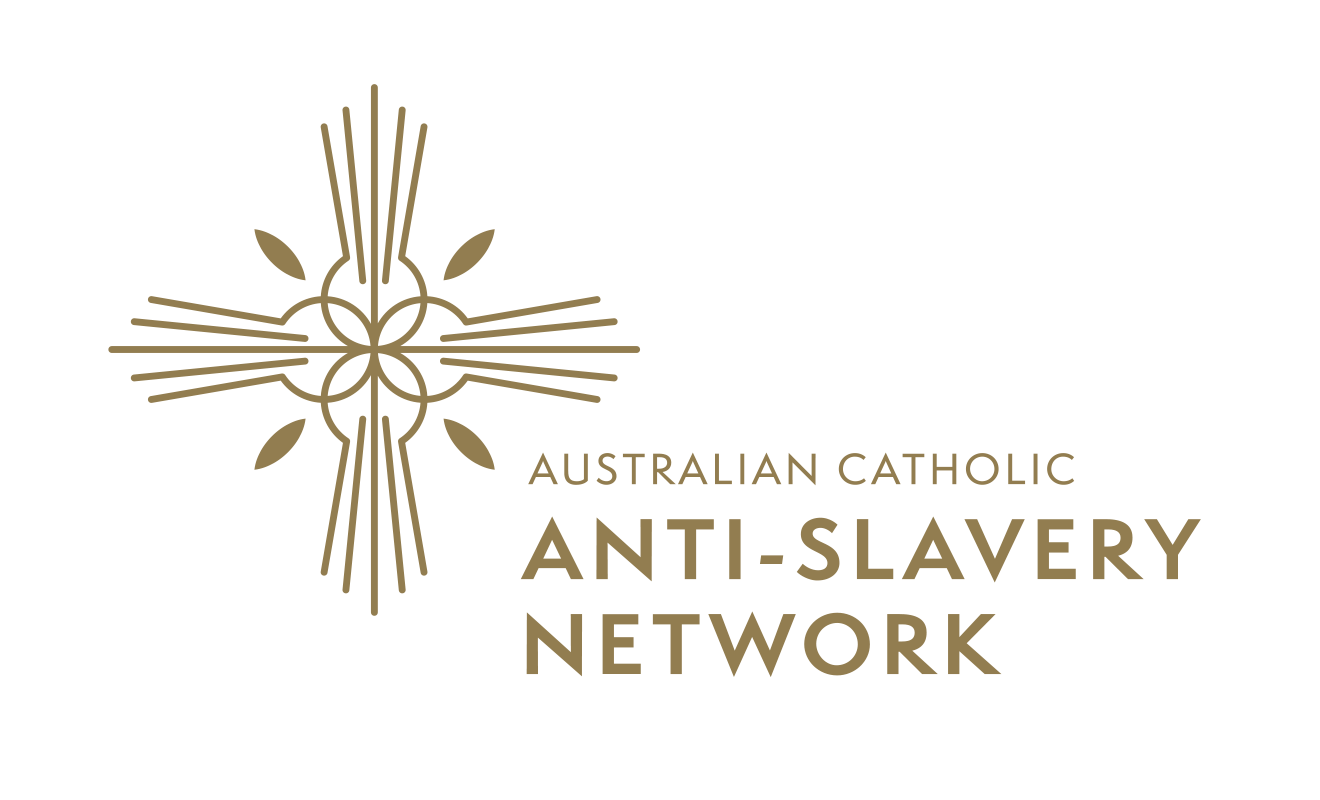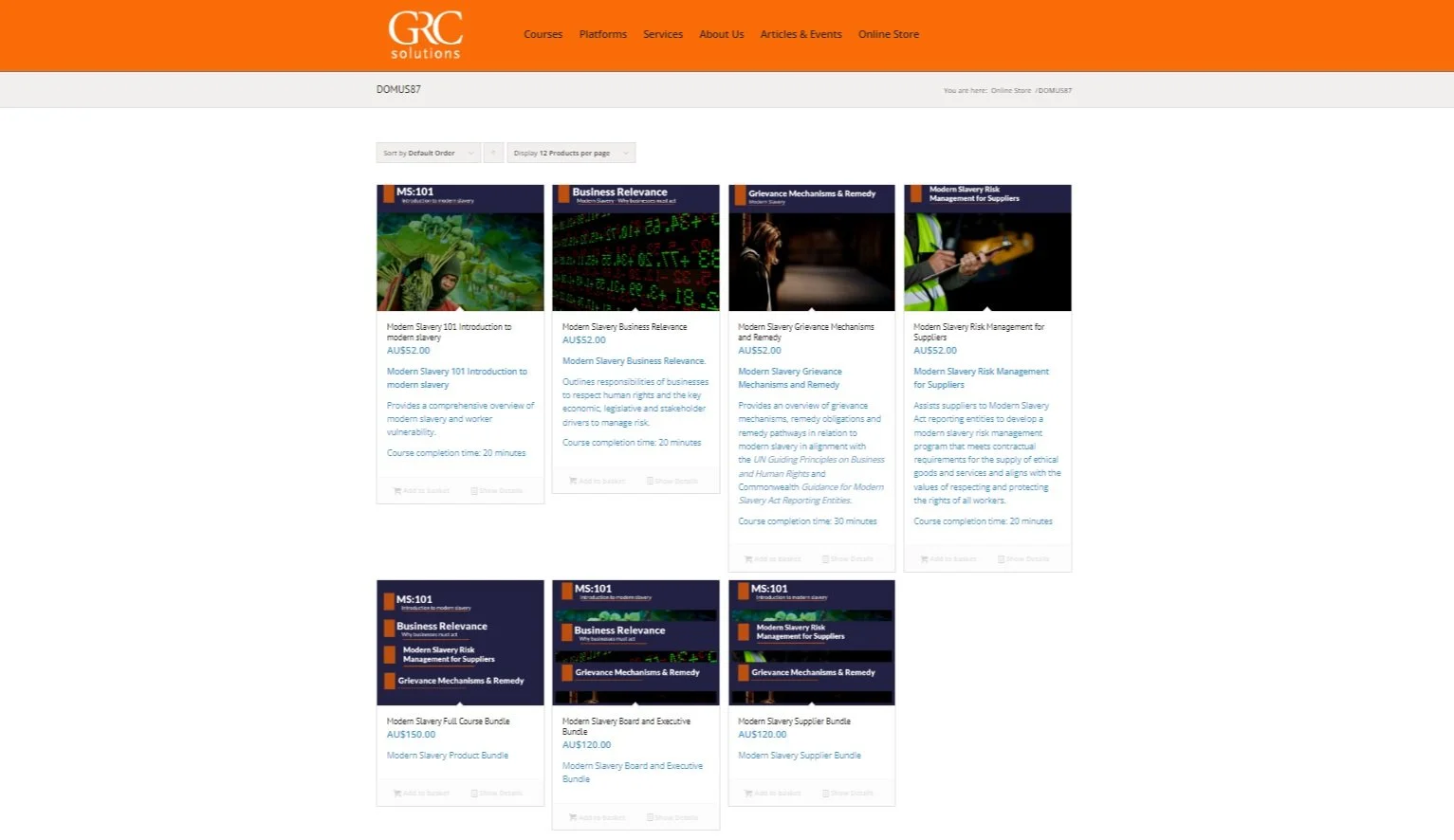
Domus 8.7 Index
Research Project
The Domus 8.7 Index has over 5,000 hours of review and analysis invested in ranking close to 2000 Modern Slavery Statements submitted to the Australian Government's Online Register for Modern Slavery Statements.
The Domus 8.7 Index benchmark of modern slavery statements identifies the following 6 key areas for improving second Modern Slavery Statements:
metrics and measurables
clearly identify groups of workers at risk of modern slavery in operations & supply chains
demonstrate risk management on the ground with a case study
outline specific modern slavery risk factors in relation to the entity's own operations or supply chains
commence external collaboration with industry associations and civil society
seek expert advice on remedy for workers impacted by modern slavery
The research is conducted through a partnership between the Anti-slavery Taskforce, Catholic Archdiocese of Sydney and the Australian Catholic University Thomas More Law School Pro bono Program.
Project Objective
Under the Modern Slavery Act 2018 (Cth), entities with a consolidated annual revenue of more than $100 million must provide a Modern Slavery Statement.
Modern slavery in any business is a complex process that requires a combination of approaches deployed through a cross-functional team approach. It is evident that awareness, capacity building and risk identification in corporate Australia is maturing at a much faster pace than corrective action to prevent modern slavery.
The Anti-Slavery Taskforce has developed a benchmarking tool to provide government and corporate Australia insights into business response to transparency in supply chains legislation.
Through analysis of Modern Slavery Statements the Domus 8.7 Index will deliver a qualitative and quantitative assessment of the effectiveness of Reporting Entities response to the mandatory reporting criteria.
Project Methodology
The context and purpose of the Statements must be considered when assessing their content and the real and effective impact of actions taken in order to ‘read between the lines’ of what is being reported and what is actually being achieved. This is particularly relevant as major companies are responding the legal reporting requirements, but however real and effective change may or may not be implemented.
The research also requires significant reflexivity by researchers to ensure that personal expectations and prejudices are not imposed on the MSS being analysed, and to ensure that statements are assessed on their actual content. There is a degree of reflexive learning that takes place during the research project and it is therefore proposed that statements will be read in groups of 6 at a time and that draft surveys will be completed (printed hardcopies), prior to data ultimately being submitted electronically. This is proposed to optimise the quality of the data submitted.
The survey tool automatically assigns points to answers that demonstrate an understanding of the intent of the legislation:
An understanding of the issue of modern slavery and how it intersects with business
Embedding processes
commitment to continuous improvement
Demonstration of best practice
Including metrics which can create a benchmark to measure improvement in the future

The project has 4 main components
eLearning
Each researcher will complete ACAN Modern Slavery eLearning modules to get a more in-depth understanding of Modern Slavery.



